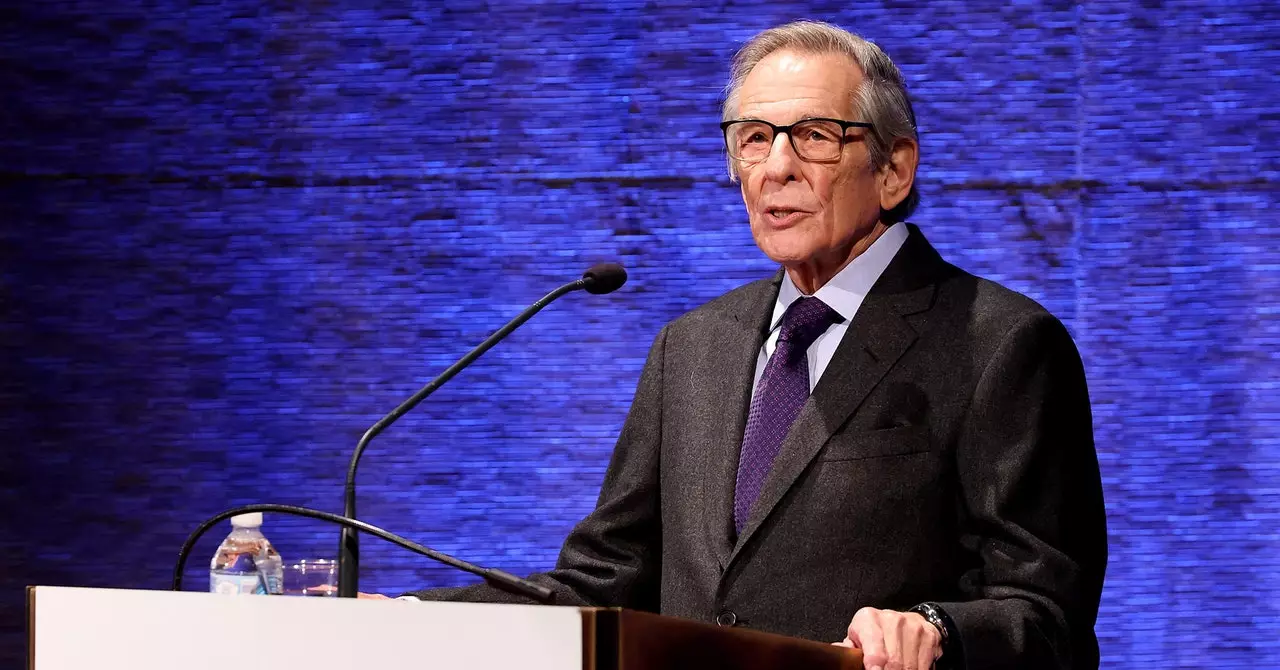In an era dominated by technology, the challenge of succinctness often overshadows the need for depth in communication. Leaders like Jeff Bezos exemplify this sentiment by emphasizing a meticulous approach to proposal development, as evident in his ban on PowerPoint at Amazon meetings. Instead, he mandated a comprehensive six-page memo, forcing managers to engage in thorough preparation before presentation. This rigid structure compels clarity of thought and promotes a participatory atmosphere where silence prevails as attendees absorb the full depth of the presented material. This mechanism stands in stark contrast to the modern tendency towards summarized formats and instant consumption of content.
While the notion of summaries as a modern convenience is tempting, it raises critical questions about intellectual engagement and the potential erosion of expansive thought. In a world where Large Language Models (LLMs) can efficiently distill the essence of a document, one must consider if this convenience comes at a cost. Quick access to information might encourage superficial engagement rather than fostering the deep analytical skills essential for impactful leadership and decision-making.
The Dangers of Summary Culture
The prevalence of AI-generated summaries could lead to a significant decline in the quality of communication. As individuals become accustomed to relying on these tools, there might be a diminishing desire to delve into the intricacies of a well-crafted document. If the expectation becomes that the details can simply be summarized, the incentive to invest effort in writing compelling narratives evaporates. This phenomenon can foster a culture where the richness of language and thoughtful expression becomes trivialized.
When leaders are aware that their communications will be sanitized into bite-sized pieces destined for rapid consumption, they may prioritize speed over substance in their writing. Eventually, this could undermine the integrity of their messages and actions, leading to a homogenized style akin to a poor-quality photocopy, devoid of originality and flair. The implications of this shift in communication dynamics could extend far beyond mere textual output; rather, it could signal a broader societal drift towards a less inquisitive populace, receptive only to digestible snippets of information.
Historically, great works of literature and biography have thrived on detailed exploration and rich narrative. Take, for instance, Robert Caro’s painstaking chronicles of President Lyndon B. Johnson, which stand as a testament to the power of immersive storytelling. Had Caro embraced LLM technologies at the outset of his career, the depth and nuance of his work would likely have been sacrificed for expedience. The labor of crafting a narrative—a process that involves exploring the interplay of events, motivations, and character—is irreplaceable and essential for producing well-rounded historical accounts.
Conversely, modern leaders like Sam Liang, CEO of Otter, navigate this age of increasing AI involvement in corporate communication. By opting for AI-enhanced meeting summaries, there’s a real risk of disengagement from the collaborative process that meetings are designed to facilitate. Liang himself admits to selectively attending meetings, a behavior that reflects a broader trend where the presence of AI-assisted tools potentially diminishes human participation and organic dialogue. If leaders can dismiss meetings in favor of post-event summaries, the richness of shared insights and collective problem-solving may be lost to efficiency.
As we advance, a pivotal balancing act emerges between leveraging AI capabilities and preserving the integrity of human communication. Leaders must recognize the value of thoroughness in proposal development and the power of face-to-face interactions. Embracing technology should not mean relinquishing the cognitive labor that inspires innovation, creativity, and genuine connection.
In a world where the ease of obtaining information continues to rise, the temptation to shortcut complex communication is substantial. However, the commitment to producing original, thoughtful content is essential for inspiring trust and motivating action within teams and organizations. The future of leadership lies in fostering an environment where individuals feel empowered to express their ideas fully and deeply, harnessing technology not as a crutch, but as an enabler of clarity and collaboration.


Leave a Reply